A recognizably blustering Cape Cod, Massachusetts is the backdrop for Walt Disney Studios most recent film The Finest Hours. Off the coast a small CG 36500 lifeboat bobs, carrying Bernie Weber (Chris Pine) and his fellow U.S. Coast Guard crew members. Out of sight and over the mammoth waves of the Chatham Bar, a cracked open ship called the SS Pendleton teems with crew members waiting to be saved. On the half of the ship still teetering aground, Ray Sybert (Casey Affleck), an engineer on the vessel, attempts to quell tensions and keep the ship afloat.
Based on the true story of a 1952 rescue, The Finest Hours follows a seemingly impressionable and even weak Bernie Weber whose unexpected showing of vitality and courage shapes the events of the story. His crew’s journey out to sea is not only incredibly dangerous but deemed nearly impossible by other Guards. However, Weber responds by emphasizing a saying of the U.S. Coast Guard — “You have to go out, but you don’t have to come back.”
Beneath the surface of this arduous rescue is the love story between Bernie and a red-lipped, fur-coated Miriam Penttinen (Holliday Grainger). Penttinen’s character continuously challenges not only the gender norms of the 1950s, but also those of modern day. She, just like Bernie, is unassumingly courageous and spunky. Her feisty ingenuity eventually lends a hand in bringing home her soon-to-be fiancé and his crew. The story is not one only of the love of the ocean, the vessel or between fellow shipmates — but also between this military couple.
Given that the film exudes fraternity and camaraderie, it was only fitting to have a discussion with both Chris Pine and Casey Affleck about their experiences making this film. The Mac Weekly was fortunate enough to participate in this conversation during a conference call with other students from around the nation.
Given that the film was set in 1952, how did that change your approach to the performance?
Casey Affleck: Well that’s a good question. There’s a lot of conversation about whether or not we try to emulate the style, the acting style, the movies from that period, because stylistically the movie looks and feels a lot like a movie from back then, albeit also sort of, you know, color and gigantic and sort of awesome in all of the ways that digital cinema is now. But in other ways, in the writing and storytelling, thematically, it sort of feels like an old movie. So should people behave that way as well, and we decided, no. So really I just approach it like any other movie the as best you can.
In reading the Production Notes it’s clear you got to shoot at the actual Coast Guard Station in Chatham, where Bernie and the crew returned after the rescue mission. I understood, obviously, it was very emotional. I just wonder if you could kind of describe for us what that felt like.
Chris Pine: We shot at the Lighthouse that [is] attached to the Coast Guard Station there in Chatham. We got a chance to visit the interior of the station, but I don’t think we shot any more interiors there. But we did get to go to the cafeteria, to the same spot where Bernie and his boys took a photo after, right after the night had ended … You can’t help but be affected by that. They take out the actual CG 36500 in the Bar, and they go out to the open waters where it happened, was quite something too.
Chris, you play Bernard Weber, who’s the main character of this film. What elements did you bring to your character to honor Weber’s legacy?
CP: Bernie Weber. What I like about Bernie, at least from the script that I was given — and I didn’t know Bernie, and really had only a sense of who he was from talking to Andy Fitzgerald who was on the boat with him that night and Moe Gutthrew, who’s his best friend — here’s an autobiographical account that Bernie wrote about the night and then obviously, the book, The Finest Hours and a little audio clip of Bernie describing the events of that night … From the script that I was given, he was a simple guy that loved his job and loved the waters and knew what he was doing out there, but was obviously affected by a tragedy that happened a year before and didn’t know if he was up for the task of going out that night. But I do love the idea of a regular man up against seemingly insurmountable odds, and, more than anything, I kind of related to Bernie’s fear, you know? Bernie is a man that wears his heart on his sleeve. And he’s not like many of us that, you know, put on all this armor and try to be macho and tough … Bernie doesn’t — at least from the script that I was given — think that way. He’s just kind of wears his heart on his sleeve, wants to do a good job and love his wife.
Bernie’s character was a rule follower in the film at the beginning. And then at the end, he learned the limits of being a rule follower and broke away from that. Were there any situations in your life where you have broken the rules or taken risks in acting or in life?
CP: … We all like stories of the mavericks and the guys that, I don’t know, go against the grain, and I think what we enjoy about men like that is they usually operate from the sense of an inner moral compass. I think part of Bernie’s evolution, it’s not that following rules are bad, it’s just that Bernie, by following rules so closely, had lost his voice and, by learning to speak up for himself and to trust his instincts, trust his gut, trust his knowledge of those waters, I think that’s really good. Although I can’t think of anything personally that comes to mind, I think all those kind of experience[s] that on a daily basis, balancing our[selves], understanding ourselves, communicating ourselves and you know, looking at whatever social framework which tries to—
CA : What Chris is doing there is he’s telling some of the bigger themes of the picture. It’s about the inner compass of a man. There’s the compass. They lose their compass and they still find their way, because there’s an inner moral compass that guides them. The guiding light here, for Disney, for Chris, for all of us …
Both of your characters are faced with not only overcoming a big storm, but also personal struggles to overcome themselves. How can you relate to your character and their determination in portraying that role when filming?
CP: I guess in our own tiny way, being in the film business is hard enough, and there’s a lot of luck involved in it, obviously. You face an incredible amount of rejection. And also, you know, I assume just by being alive people felt like they were not a part of the group or not liked or that they didn’t have as many friends as they wanted or felt out of place. And I certainly saw that in Bernie. And so, I mean, a great thing about what we get to do as actors is that even though I’ll never know what it’s really like to be a Coast Guardsman, or really never know what it’s like to go up against 70 foot waves and zero visibility and what it’s like to rescue men off a split Oil Tanker, there are certain kind of general human emotions and feelings that you can attach to and bring your own experience to.
Did you learn or take away anything from the experience of playing your respective Characters? If so, what was it?
CP: What I liked about Bernie is that he’s a simple guy. And I don’t mean that derogatorily. I love Bernie because he loves his job, and he loves his woman, and he wants to do well at his job and love his woman well and have a bunch of kids and live happily ever afterwards … there’s an honesty and a truth to him. He’s just a good solid man, who goes about business not seeking any sort of pat on the back. It’s just because he wants to do right and he knows that’s the only way he can function really. And I learned a lot from him. I think about that, about how there is a purity in wanting to do your job well and to serve other people, because you don’t need much more than that. And oftentimes in our business, it’s all about stuff that’s completely opposite from that which is, you know, getting your picture taken and twittering and all that kind of shit that I just think takes away from, you know, those good old fashioned values.



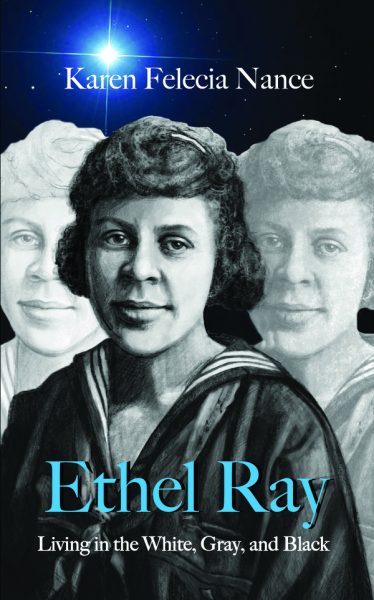
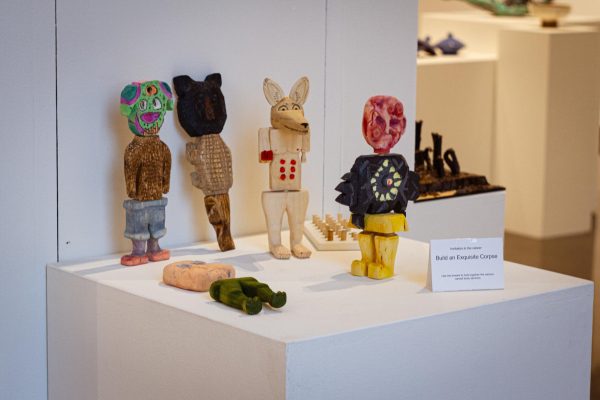








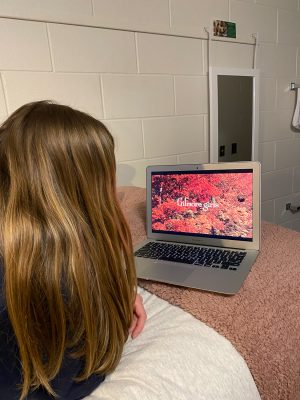
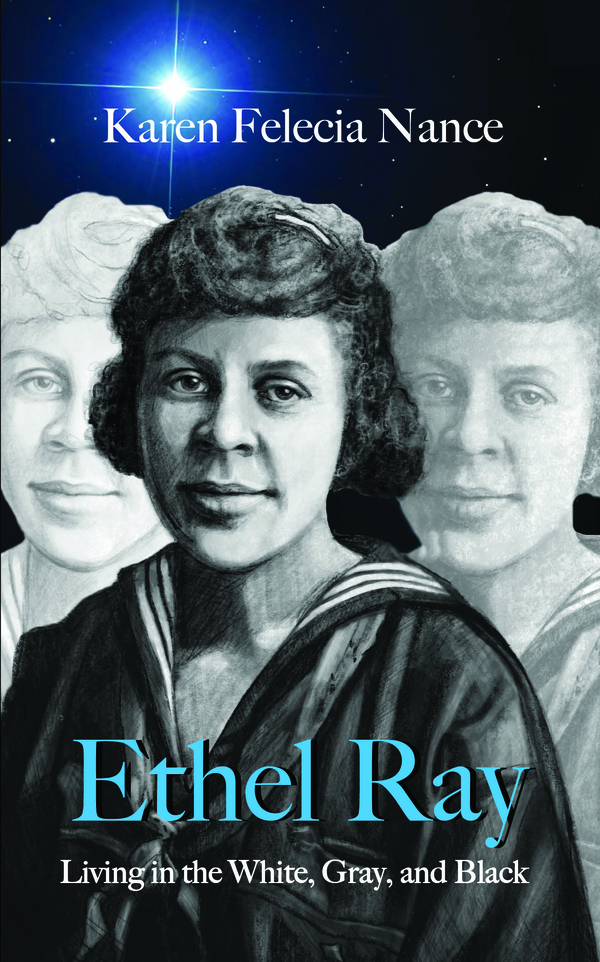
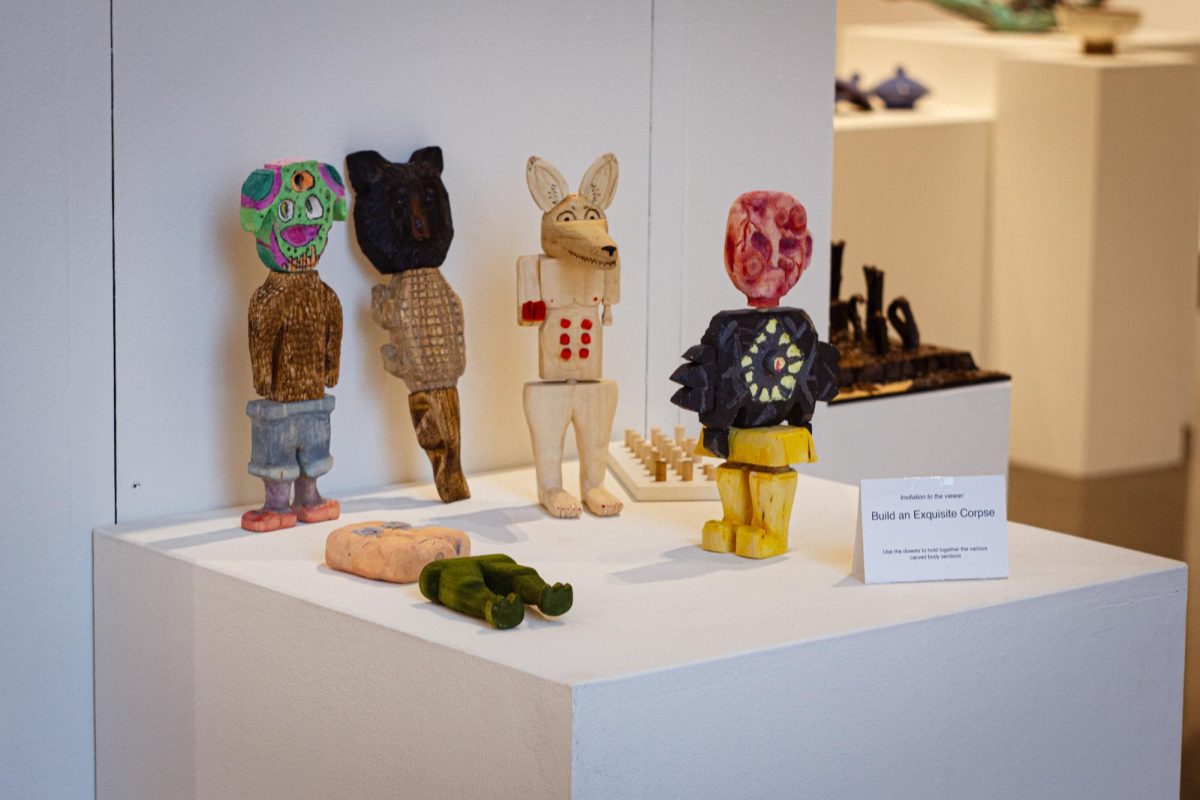


Angela Blake • Sep 11, 2019 at 3:48 am
whoah this blog is magnificent i love reading your articles. Keep up the great work! You know, lots of people are hunting around for this information, you could help them greatly.
Amelia Hart • Sep 9, 2019 at 3:02 pm
I very pleased to find this internet site on bing, just what I was searching for : D as well saved to my bookmarks.